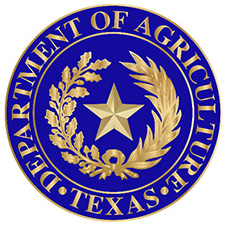Organic farmers ask for $100 million annual research funding
The 2023 farm bill should gradually scale up federal funding for organic agriculture research and extension to $100 million a year, said the National Organic Coalition on Tuesday. The alliance of farm, environment and consumer groups also said the USDA should dedicate $75 million a year to developing seeds and animal breeds that are adapted to regional climates and soils.
FDA again finds cell-cultured chicken is safe to eat
For the second time in four months, the FDA cleared cell-cultured chicken as safe to eat on Tuesday, an important step in bringing the food, grown in fermentation vats rather than from livestock, closer to the retail market.
TODAY’S QUICK HITS
Climate-smart red line: “My red line on the farm bill is, we’re not going to hook the commodity program, commodity safety nets … with you being climate-smart enough where you don’t get to participate,” said Sen. John Boozman, senior Republican on the Senate Agriculture Committee, at the Agri-Pulse summit. (FERN’s Ag Insider)
Budget plan would hit WIC: One-fifth of WIC recipients, or 1.2 million people, would lose benefits under the spending cuts proposed by the House Freedom Caucus as part of discussions over the federal debt limit. (White House fact sheet)
House reviews formula shortage: Former FDA deputy commissioner Frank Yiannis, who left the agency in January, is to testify next Wednesday at a House Oversight subcommittee hearing on last year’s infant formula shortage. (House Oversight)
North Carolina allows digesters: An administrative law judge, rejecting a challenge by environmental groups, ruled that methane digesters can be built and operated on livestock farms under a general permit issued by the North Carolina Department of Environmental Quality. (Meat and Poultry)
New market outlook archive: An archive, beginning in July 1975, of the weekly Grain and Livestock Outlook newsletter produced by University of Illinois economists, is now available at the farmdoc site. (Agricultural Economist Scott Irwin)











